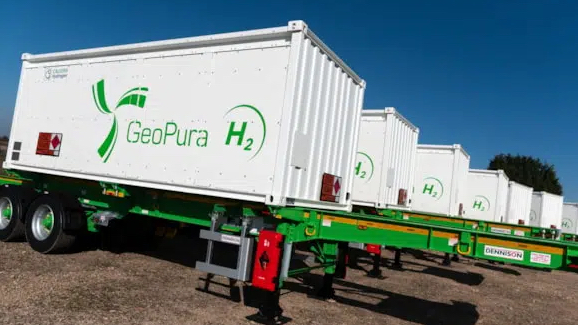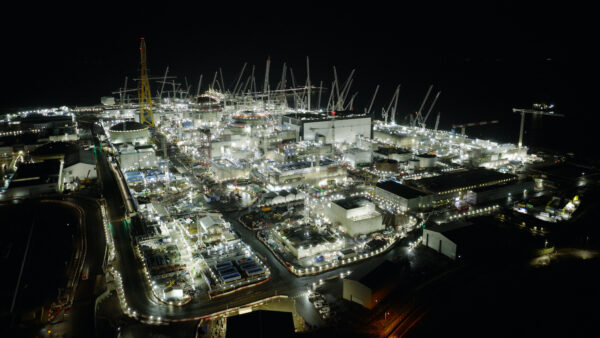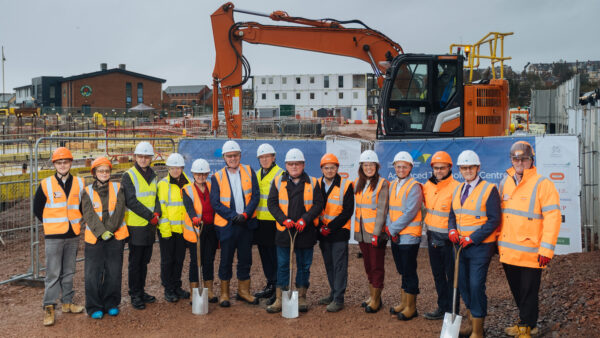
JCB has stopped production at all of its UK manufacturing plants after the coronavirus pandemic caused an “unprecedented reduction” in global demand.
The company is halting production for the rest of this week and the whole of next week at its nine manufacturing plants in Staffordshire, Derbyshire and Wrexham. Shop floor employees affected by the move will be paid in full for the period.
JCB said it had made no decision yet on what happens from the week commencing Monday 30 March 30. Office staff will continue to work a 39-hour week, with many working from home, in support of the government’s social distancing policy.
JCB’s plant in Pudong, near Shanghai, ceased production last month as the impact of the pandemic initially took hold. After several weeks of disruption, the factory is now fully operational again.
The company’s CEO Graeme Macdonald said: “These measures are unprecedented in the history of JCB but are absolutely necessary to protect the business. As we continue to deal with the health implications of the COVID-19 pandemic, it has become more challenging to maintain business continuity in this volatile economic climate. JCB is a global exporter and worldwide demand for our products has dropped sharply as customers cancel orders and defer deliveries. This is not just a UK issue, it is worldwide and with countries like France, Spain and Italy going into lock-down, those key markets for construction equipment disappear overnight.
“In light of this fast-changing situation, we need to re-plan our production and, as a result, manufacturing at all UK factories will cease for the rest of this week and all of next week. This will allow us to take stock of the situation, re-plan our order book, prioritise products that are definitely required by customers, and ensure parts and components are reassigned to support the production of these products.”
Earlier this week, JCB confirmed that it has been approached by the government to switch some of its production capacity to making ventilators for coronavirus patients, after health secretary Matt Hancock called on companies to consider making the medical equipment.










